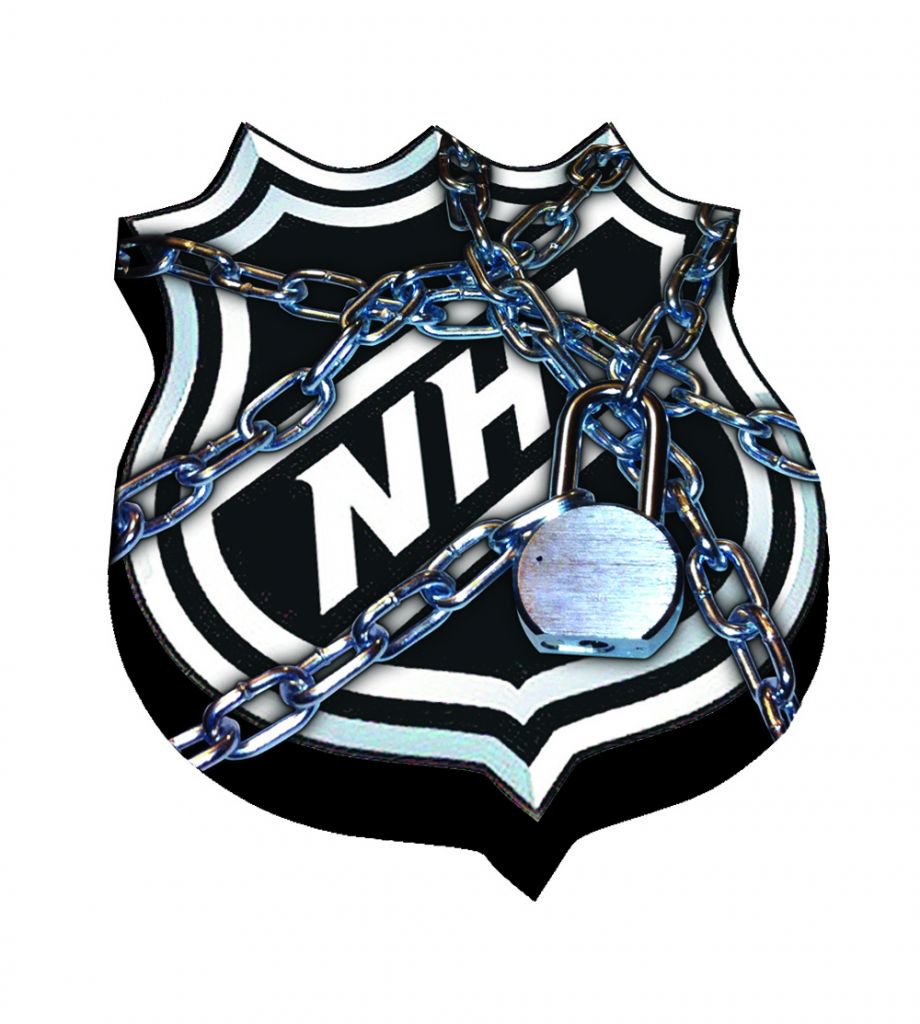I am a wine educator, Certified Sommelier through the Court of Master Sommeliers, and founder of Vindulge, Wine Education & Consulting -- a wine consulting company focusing on enhancing the consumers wine experience through classes, seminars, private buying in addition to commercial consulting. I am also a freelance wine, food, and travel writer and frequent tasting panelist and judge for wine competitions. I also speak at conferences and events on various aspects of wine and food.
Merlot is most definitely NOT the bottom of the barrel! In fact, the wine Miles was drinking at the end of the movie was a 1961 Château Cheval Blanc, a famous Bordeaux blend of Merlot and Cabernet Franc. The movie doesn’t reveal this but in the book the reason he didn’t like Merlot was because of his ex wife.
Merlot is one of the most important varietals in the world (in terms of plantings and consumption), and while there are some boring and bland versions, it can also make for an amazing wine!
While there are people out there whom I believe have a gift for distinguishing aromas and flavors in wine, you can certainly train yourself to develop more of a “sophisticated” palate. Most professionals in the wine industry are as such because of training and constantly developing their palate.
It begins by simply paying attention to what you are doing. This is one of the reasons why professionals will spit at seminars and events. Besides the obvious effects of swallowing too much wine, spitting forces your brain to pay attention. So next time you are tasting a wine, try taking a taste of it, smell it, then take a small sip and swirl it. Close your eyes if it helps you focus. Then after a few seconds, spit the wine out. Take notice of what you smelled, tasted, and how it felt after leaving your mouth. Write this down and remember it. The more you taste like this the more you can train your palate to notice the nuances in any a wine.
Training your palate also involves tasting a lot of wine! So go to wine shops and wine events where you can sample different wines. Again, start paying attention and keeping notes in book. The more you pay attention, the better your palate will become.
I have many! But if I had to choose one it would probably be Lucien Albrecht Cremant d'Alsace Brut Rosé, for many reasons. Sparkling wines are my favorite style of wine hands down, and this sparkling rosé is one of the most consistently well made in this price category. Plus it is widely distributed and can be easily found throughout the country. So when I am traveling and a wine store doesn’t have a wide variety of options, I can usually find this bottle. It may be on the high end of that price spectrum (can be found from $17-$21), but it’s worth every penny in my book.
Speaking of bubbly, Gruet (from New Mexico!) also produces some excellent sparkling wines retailing for an average of $15.
One of the primary reasons to test the wine at the table nowadays is to make sure the wine is not flawed. It is absolutely okay if you are not familiar on how to tell whether or not a wine is indeed flawed or not. If you are unsure you can always ask the sommelier or your server if you suspect something may be off with the wine and they can test it. You don’t want to send the wine back if you simply don’t like the taste of the wine (though that is acceptable at some establishments). If you test the wine, and it seems pleasant and you are happy drinking it, then that’s all that really matters. If there’s a problem with it, send it back or ask your server.
Personal Injury Lawyer
 What's the most frivolous case you’ve handled?
What's the most frivolous case you’ve handled?
Call Center Representative
 What is the meanest thing a caller has ever said to you?
What is the meanest thing a caller has ever said to you?
NHL Team Marketer
 Is fighting in hockey good or bad for the game?
Is fighting in hockey good or bad for the game?
For general consumers wine is incredibly subjective (and should remain that way). In a competition setting judges generally look to see whether a wine is a good representation of the varietal. Each style of wine has its typical characteristics, and judges look for a) is it a good representation of those characteristics, and b) does it exceed those typical expectations and stand out amongst its peers. In my experiences, if it is a well-made wine representative of those characteristics then it is worthy of a bronze, and often silver medal. The ones that stand out positively and leave lasting impressions will receive gold or higher medals. The point is to honor well-made wines, and bring recognition to achievement in winemaking. And no, there is not always a consensus among “winning” wines. Often hours will be spent determining which wine will come out on top.
I like to suggest bringing a bottle of sparkling wine to the host (as either a host gift or to be opened at the dinner). It is festive and nice gesture of appreciation and celebration and the perfect drink to begin any dinner party. The sparkling wines mentioned in the question above (like the Lucien Albrecht Cremant d'Alsace Brut Rosé) would be good starting points.
For a red, Seghesio Sonoma County Zinfandel is a great crowd-pleasing wine that can be found from $20-25. If that is above your ideal price point there are several Malbecs from Argentina that are also great for crowds/dinner parties as well. Tomero and Gouguenheim make very nice Malbecs that retail for around $10-12. These are good options especially if you don’t know what style of wine your host prefers. They are versatile and crowd friendly.
It didn’t necessarily “fall” into my lap ;)
I started writing on my blog as a hobby, as I was studying to take my sommelier exams years ago, and have kept it up regularly and eventually began submitting to publications outside my blog. It is something I’ve been working hard at for several years. It is something I love, have a deep passion for, and work long hours to maintain.
-OR-
 Login with Facebook
Login with Facebook (max 20 characters - letters, numbers, and underscores only. Note that your username is private, and you have the option to choose an alias when asking questions or hosting a Q&A.)
(A valid e-mail address is required. Your e-mail will not be shared with anyone.)
(min 5 characters)
By checking this box, you acknowledge that you have read and agree to Jobstr.com’s Terms and Privacy Policy.
-OR-
 Register with Facebook
Register with Facebook(Don't worry: you'll be able to choose an alias when asking questions or hosting a Q&A.)